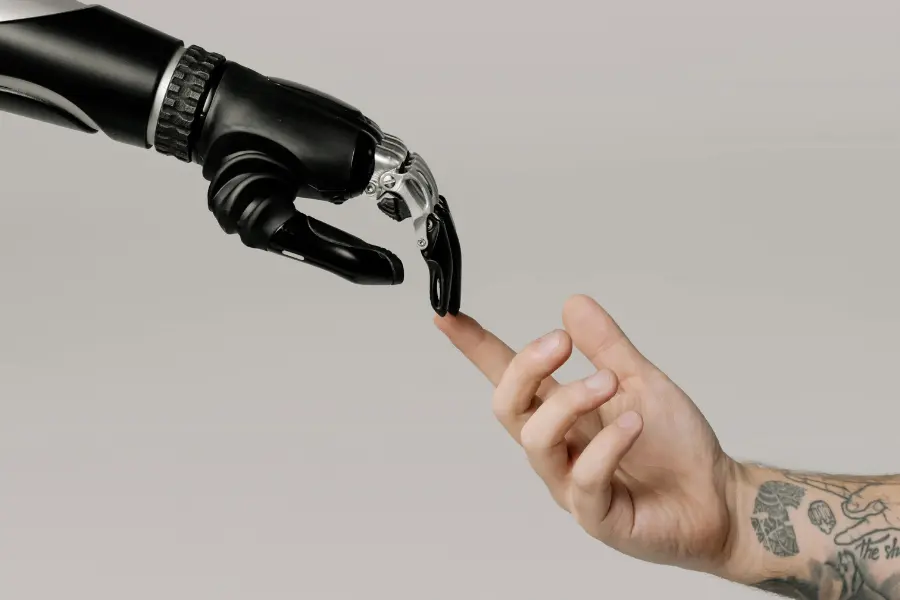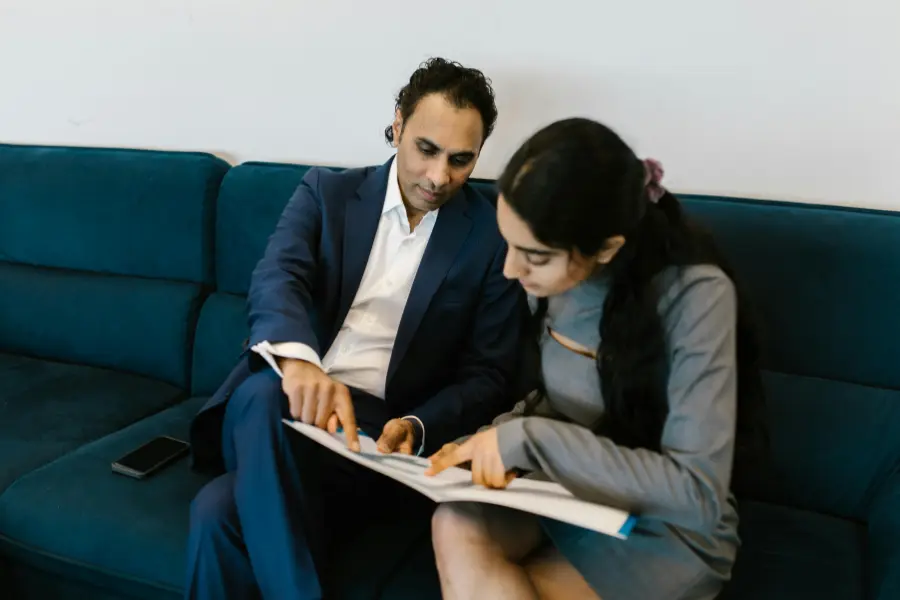The hospitality industry is entering a new age, one defined by data intelligence, automation, and sustainability. As technology reshapes how kitchens operate, hospitality consulting has emerged as a key enabler of this evolution, guiding hotels, restaurants, and resorts toward smarter, safer, and more efficient operations. At the heart of this transformation is the modern F&B Consultant, who bridges culinary creativity with digital innovation to design kitchens ready for the future.
The Digital Shift in Hospitality Operations

In a world where speed, precision, and personalization define guest expectations, digital transformation has become indispensable. Commercial kitchens are no longer just places of preparation, they are complex ecosystems powered by interconnected technologies. From AI-driven forecasting to IoT-enabled appliances, these innovations are redefining how chefs, managers, and staff collaborate.
Through strategic hospitality consulting, operators can navigate this shift with confidence. Consultants help identify the right technologies for a brand’s scale and vision, ensuring that digital upgrades not only enhance efficiency but also align with sustainability goals and regulatory compliance.
The F&B Consultant as a Catalyst for Smart Kitchens

The role of the F&B Consultant has expanded far beyond menu planning and kitchen design. Today, they are technology strategists, helping hospitality businesses harness the power of digital systems to create high-performing, future-ready kitchens.
Some of the key areas where F&B Consultants are driving innovation include:
- AI-Powered Inventory Management
Artificial Intelligence has revolutionized how kitchens manage supply and demand. Predictive inventory tools track consumption patterns, forecast ingredient needs, and reduce food waste by optimizing procurement. Guided by hospitality consulting insights, operators can minimize stockouts, control costs, and improve sustainability metrics. - IoT-Enabled Equipment and Automation
Smart ovens that self-calibrate, refrigerators that monitor temperature deviations, and dishwashers that optimize water use, all powered by IoT, are transforming kitchen safety and performance. A forward-thinking F&B Consultant integrates these tools during the planning phase, ensuring that equipment communicates seamlessly to reduce downtime and improve consistency. - Data-Driven Workflow Optimization
Efficiency in modern kitchens depends on intelligent workflow design. Consultants use data analytics to model movement patterns, reduce cross-contamination risks, and enhance ergonomics. Through hospitality consulting, embedded in operational frameworks—helping businesses meet gre these insights translate into safer work environments and faster service without compromising quality. - Sustainability Through Smart Systems
With technology comes accountability. Automated systems now track energy and water consumption, providing real-time data for sustainability reporting. An F&B Consultant ensures that these systems are certifications and corporate social responsibility targets.
Benefits of Embracing Technology in Kitchen Operations

Integrating digital tools is not just about modernization, it’s about measurable outcomes. Future-ready kitchens benefit from:
- Enhanced Operational Efficiency: Automation reduces human error, improves turnaround times, and ensures consistent results.
- Cost Optimization: Predictive analytics and smart inventory systems minimize wastage and optimize resource use.
- Safety and Compliance: IoT devices monitor hygiene and temperature standards in real time, reducing the risk of violations.
- Sustainability Impact: Digital tracking enables transparent reporting of energy, waste, and emissions, supporting eco-conscious brand strategies.
- Improved Guest Experience: Faster service, consistent quality, and ethical sourcing create deeper guest trust and satisfaction.
These advantages underscore how hospitality consulting now merges operational expertise with technological foresight, allowing brands to remain agile in a fast-changing environment.
Examples of Future-Ready Kitchen Models

Several leading hotels and restaurant groups have begun implementing tech-integrated kitchens. Cloud-based kitchen management systems enable centralized control across multiple properties, while robotics assist in repetitive tasks, freeing chefs to focus on creativity. AI-assisted menu engineering, guided by F&B Consultants, uses consumer insights to design offerings that balance profitability with sustainability.
For instance, an eco-resort collaborating with hospitality consulting specialists may integrate energy-efficient induction systems, waste-tracking sensors, and AI-enabled prep schedules—achieving both cost efficiency and environmental stewardship.
HPG Consulting: Shaping the Digital Future of Hospitality

At the forefront of this transformation is HPG Consultant a leader in sustainable and technology-driven hospitality consulting. With deep expertise across food service design, engineering, and operations, the firm’s F&B Consultants empower businesses to embrace digital innovation seamlessly.
From conceptualizing smart kitchen layouts to implementing IoT ecosystems and AI-driven inventory management, HPG Consultant transforms traditional kitchen operations into intelligent, adaptive systems built for the future. Their forward-thinking approach ensures that every solution is sustainable, scalable, and aligned with the brand’s long-term vision.
Conclusion: Designing Kitchens for Tomorrow
As digital transformation accelerates, the collaboration between hospitality consulting experts and F&B Consultants will define the next chapter of hospitality excellence. Technology, when guided by strategic expertise, doesn’t replace the human touch, it enhances it, enabling chefs and operators to focus on creativity, quality, and sustainability.